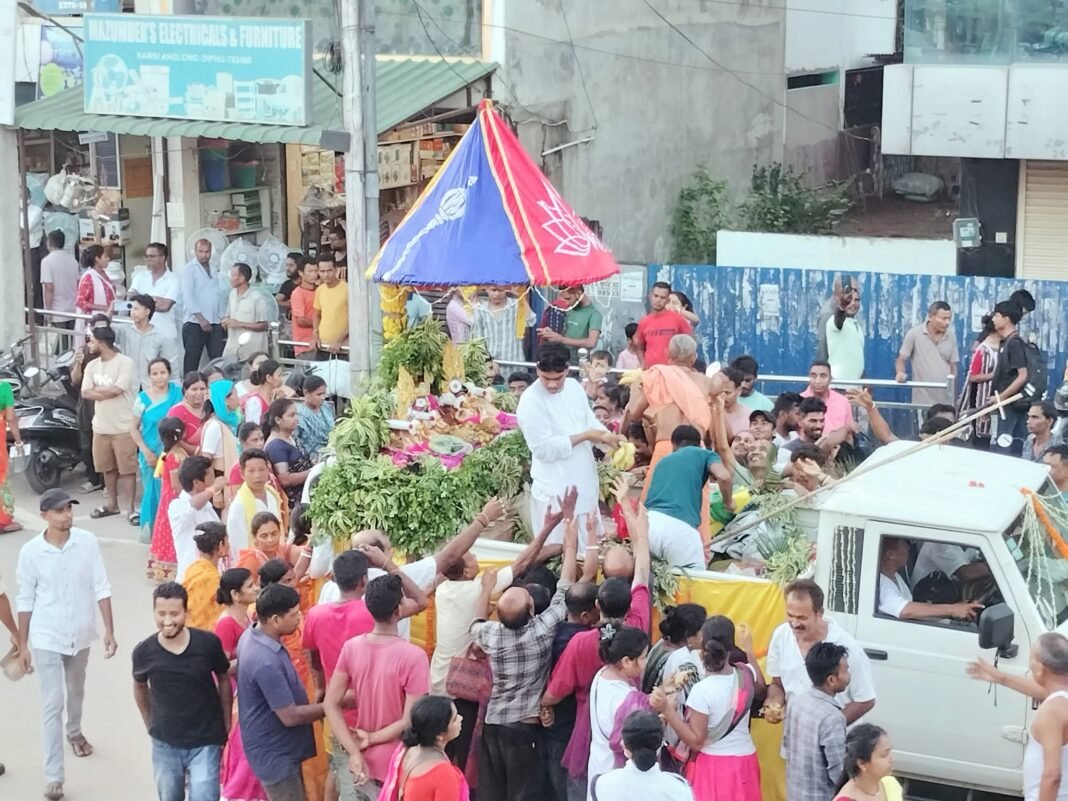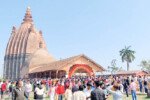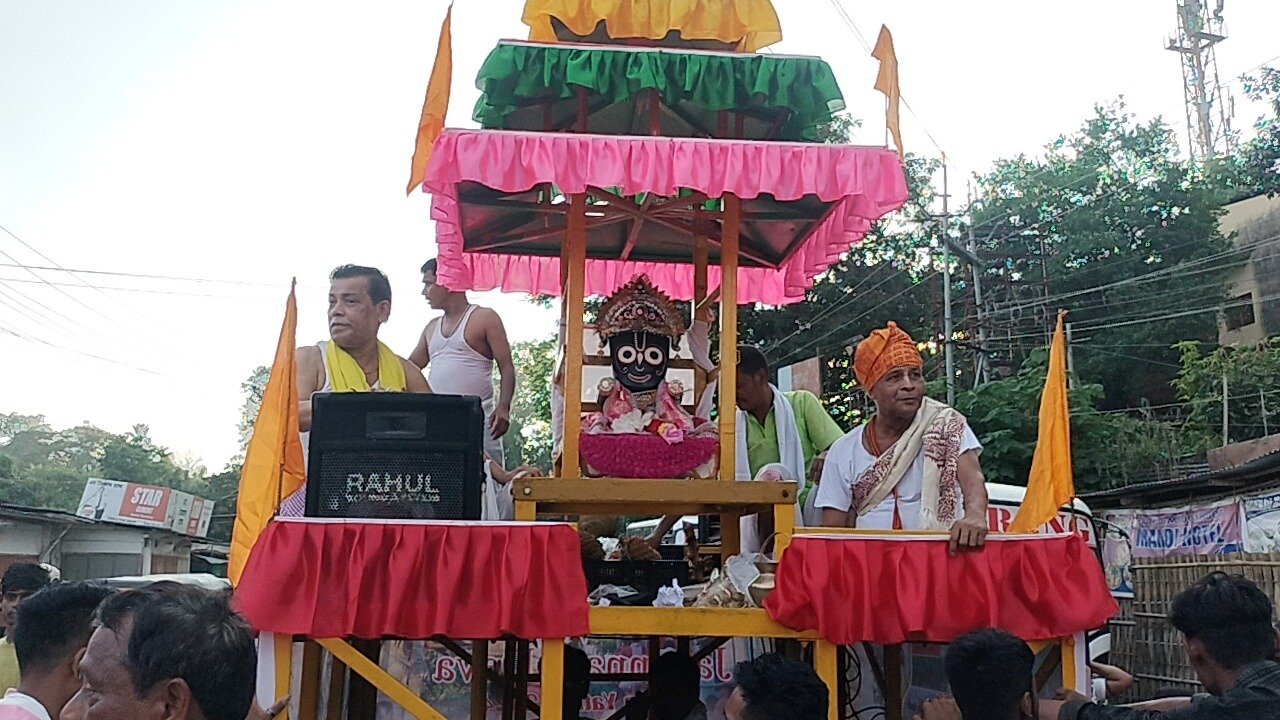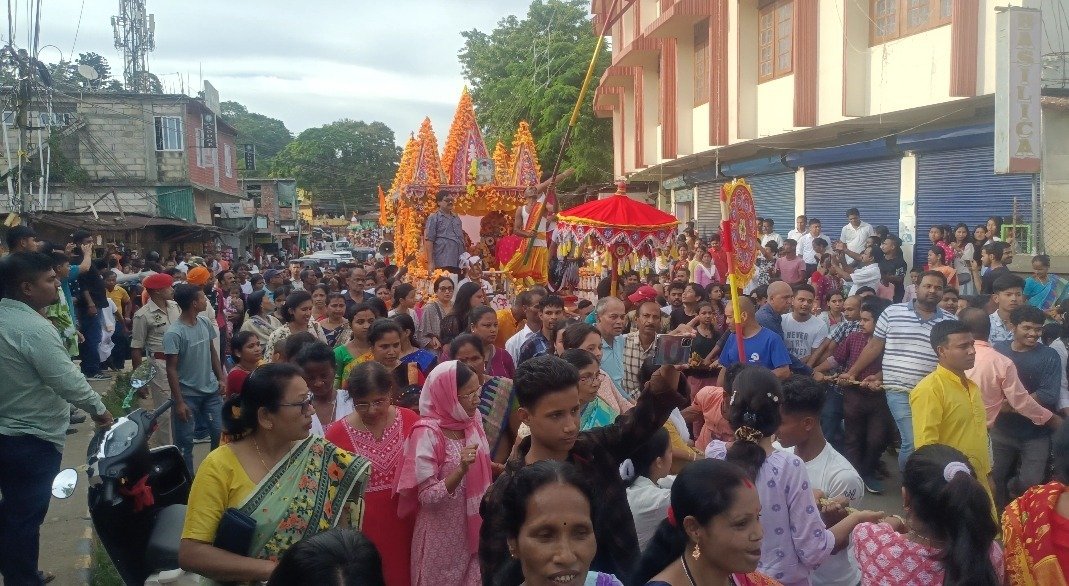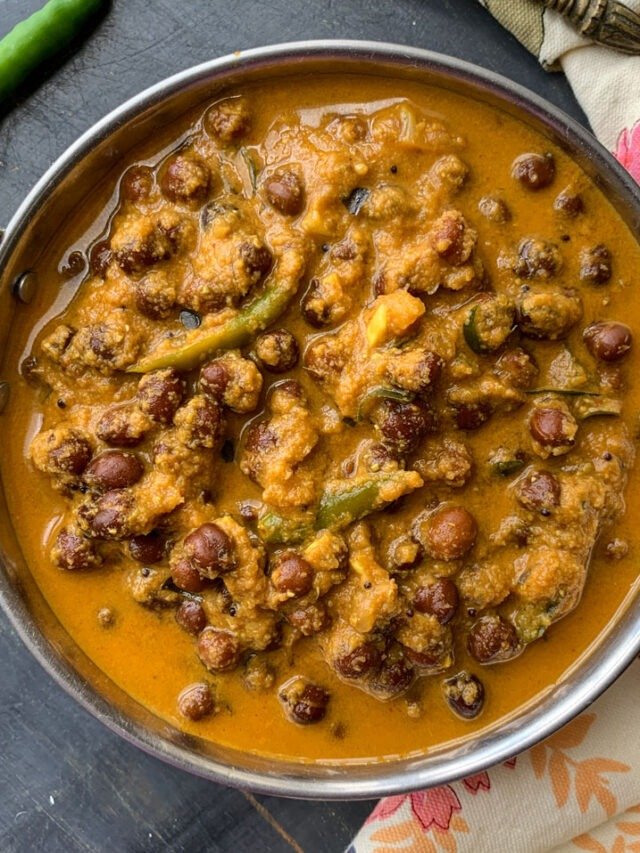HT Bureau
DIPHU, June 27: The annual Jagannath Rath Yatra, also known as the Chariot Festival, was celebrated with great enthusiasm and religious fervour in Diphu, drawing hundreds of devotees across all age groups.
The festival, which commemorates Lord Jagannath’s desire to visit his birthplace, Mathura, is one of the most significant events in the Hindu calendar.
While the grandest celebration takes place in Puri, Odisha, where the main temples of Lord Jagannath, Lord Balabhadra, and Devi Subhadra are located, the festival also holds deep significance for devotees in other parts of the country, including Diphu.
The Rath Yatra in Diphu began with morning rituals such as mangala arati and devotional singing (kirtan path) at both Barbari Mandir and ISKCON Temple in Rongthe-ang.
A large number of devotees gathered at the ISKCON Mandir from early morning to take part in the rituals and express their devotion to Lord Jagannath.
Prasad offerings made to the deity were distributed among devotees by 1 PM, and khichri was also served to the community before the chariot procession began.
With the heat wave easing by late afternoon, the Rath Yatra commenced at 4 PM from the ISKCON Temple.
The idols of Lord Jagannath, Lord Balabhadra, and Devi Subhadra were placed on the chariot, and devotees, including elders, men, women, youth, and children, joined together to pull the ropes of the chariot in a grand display of devotion.
The procession from Rongthe-ang moved along the main road towards Diphu town, taking a route through the Forest Office Rongnihang, Joysing Doloi Auditorium, and into the Diphu market, finally reaching the designated location at Mapitung.
Another chariot procession was taken out from the Barbari Temple, which passed through the Diphu bus stand and the Superintendent of Police office before concluding at Jhilpar, where a temporary home had been set up for the deities.
Devotees believe that participating in the Rath Yatra or pulling the chariot brings spiritual blessings, removes negative karma, and promotes peace and good health.
The event in Diphu echoed the same spiritual sentiment, with a large turnout marking the occasion and reflecting the deep cultural and religious ties of the community to this age-old tradition.


